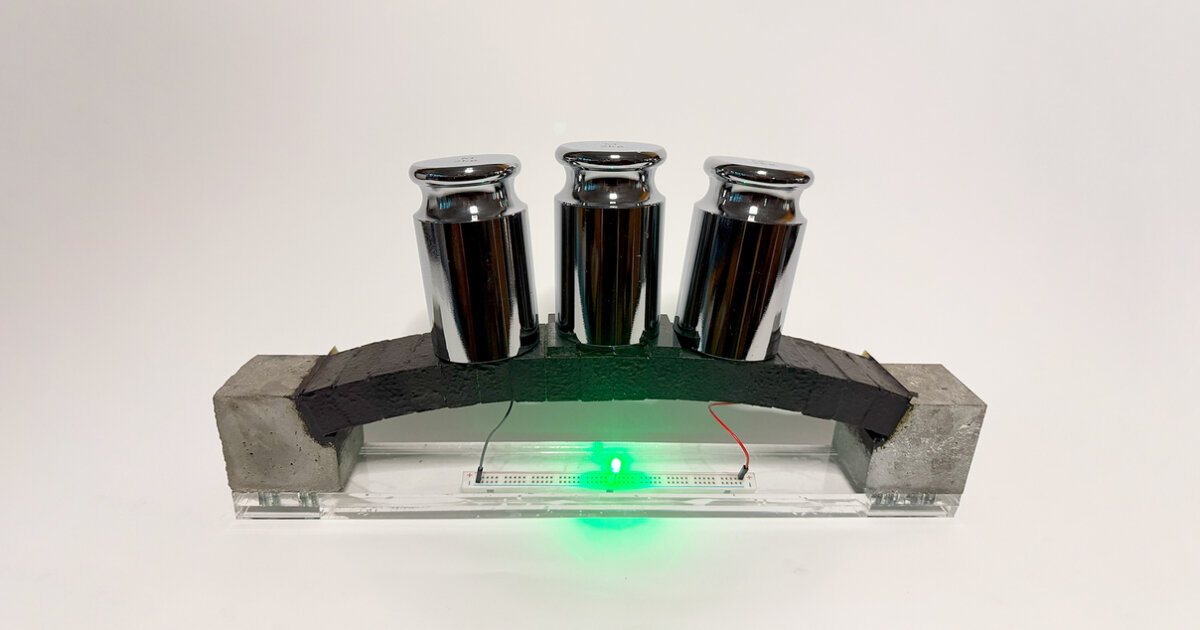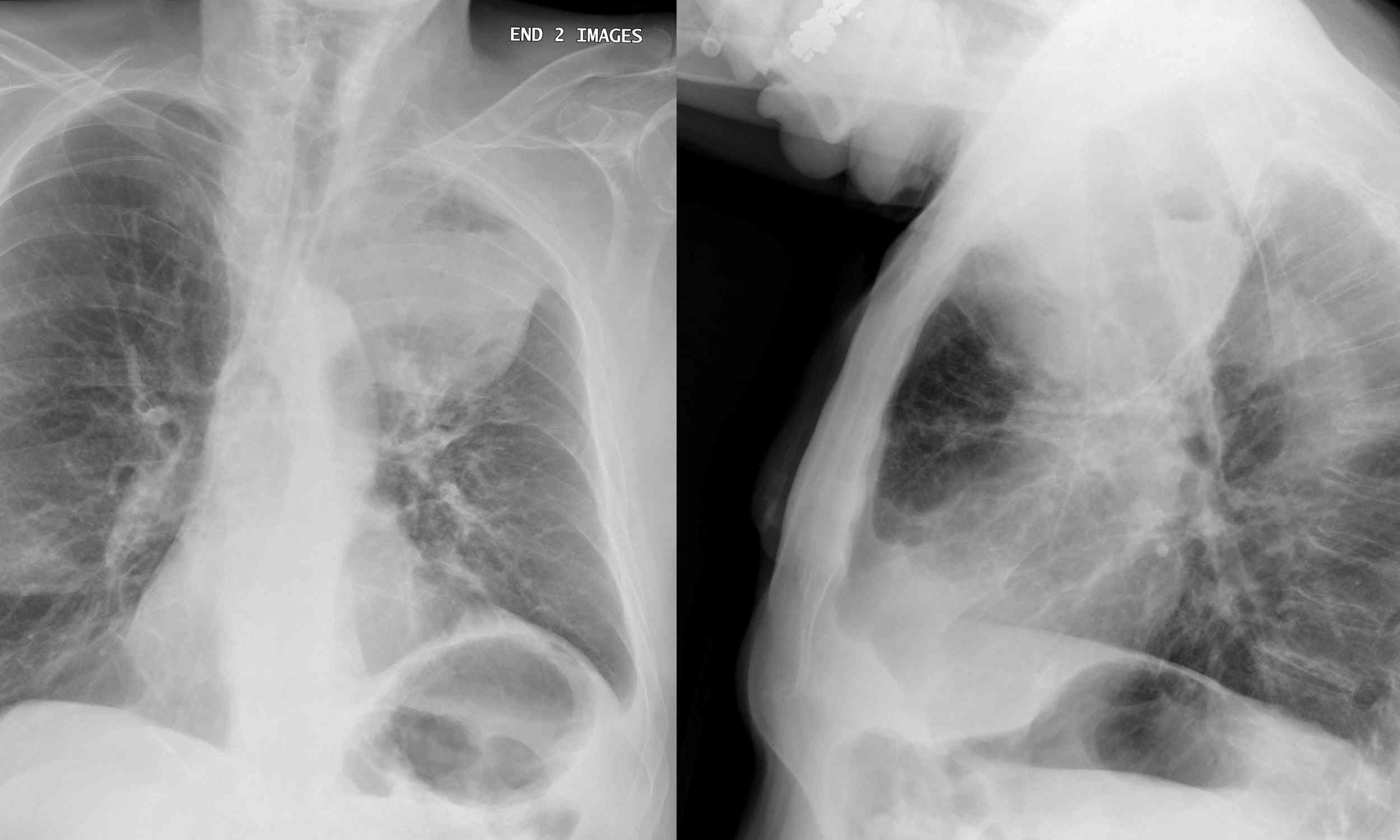Is Your Morning Coffee the Key to Eternal Youth? Shocking New Study Reveals!

Imagine if that cozy mug of coffee you sip every morning could actually hold the secret to fighting age itself! A groundbreaking new study from Queen Mary University of London has revealed that caffeine — the world's favorite stimulant — might possess extraordinary antiaging properties at the cellular level. Yes, you heard that right! This research, published in the Microbial Cell Journal, shows that your morning brew might be doing a lot more than just waking you up.
The Science Behind Caffeine's Cellular Benefits
The comprehensive study dove deep into how caffeine influences the cell cycle, manages DNA damage signals, and even increases the lifespan of cells in various models using fission yeast. Think of it as scientists’ way of playing God at the microscopic level!
This research stands out not only for its groundbreaking findings but also for its focus on the molecular mechanisms that allow caffeine to work its wonders. While earlier studies hinted at caffeine's ability to inhibit a specific kinase related to DNA damage, this new research paints a broader, more intricate picture of caffeine’s cellular capabilities.
Key Research Findings: Beyond Simple Stimulation
The most captivating discovery from the study centers on caffeine's role in activating cellular stress response systems. Beyond just giving you that jolt of energy, caffeine fires up AMPK — a vital cellular sensor that helps cells deal with stress and energy depletion. This discovery could shed light on why moderate coffee drinkers often enjoy better health outcomes.
Moreover, the researchers dug into caffeine's interaction with the Target of Rapamycin Complex 1 (TORC1), a key player in aging and metabolism. Caffeine's ability to influence cell cycle progression and lifespan by inhibiting TORC1 opens up intriguing possibilities, though more research is necessary to understand the exact nature of this relationship.
What This Means for Coffee Lovers
While the study was conducted on yeast cells, the potential implications for human health are immense. Could caffeine be a vital ingredient in slowing down the aging process at a cellular level? This discovery might help clarify the countless epidemiological studies linking moderate coffee consumption with lower risks of age-related ailments and longer life spans.
However, caution is warranted. Although caffeine seems to enhance how cells manage stress and DNA repair, researchers are quick to remind us that it’s not a miraculous cure-all. The complexity of human biology means that translating these laboratory findings into real-world benefits is a challenging task.
The Future of Caffeine Research
This study marks a significant leap in our understanding of caffeine’s biological effects, going beyond its reputation as a mere stimulant. It lays the groundwork for subsequent research into the health benefits of coffee and may open new avenues for exploring its molecular dynamics.
For coffee enthusiasts, there’s now an added bonus to your daily ritual — it might just be supporting your health in incredible, unexpected ways. While more research is necessary to fully grasp these mechanisms in humans, this study adds compelling evidence to coffee’s growing reputation as more than just a morning necessity — it could be nature’s very own antiaging agent!

























